Columbia University 5th Annual Engineering in Medicine Symposium
EVENT REGISTRATION
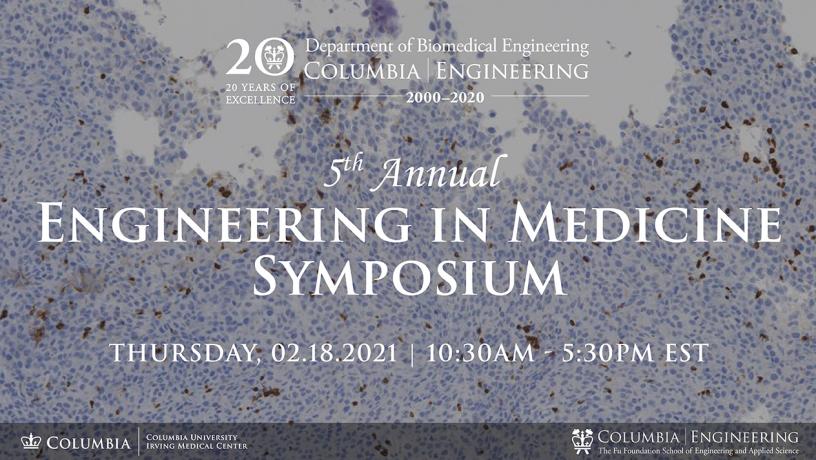
About the Symposium
HOSTS
The Fu Foundation School of Engineering and Applied Science & Columbia University Irving Medical Center
EVENT DETAILS
Thursday, February 18, 2021
10:30 a.m. - 5:30 p.m. EST
Online Event - Register Now!
SYMPOSIUM CHAIRS
X. Edward Guo, PhD
Chair and Stanley Dicker Professor, Biomedical Engineering; Professor, Medical Sciences (in Medicine); Director, Bone Bioengineering Laboratory
Christoph Juchem, PhD
Associate Professor, Biomedical Engineering; Director, MR SCIENCE Laboratory
Please direct any questions to [email protected].
OPENING REMARKS
Mary C. Boyce, PhD
Dean, Fu Foundation School of Engineering and Applied Science and Morris A. and Alma Schapiro Professor
Shih-Fu Chang, PhD
Senior Executive Vice Dean, Fu Foundation School of Engineering and Applied Science and Richard Dicker Professor
Anil K. Rustgi, MD
Interim Executive Vice President and Dean of the Faculties of Health Sciences and Medicine, Vagelos College of Physicians and Surgeons; Director of the Herbert Irving Comprehensive Cancer Center, Columbia University Irving Medical Center (CUIMC)
SYMPOSIUM PROGRAM
CLICK TO DOWNLOAD FULL PROGRAM
REGISTRATION
About the Speakers
Get to know our expert speakers!
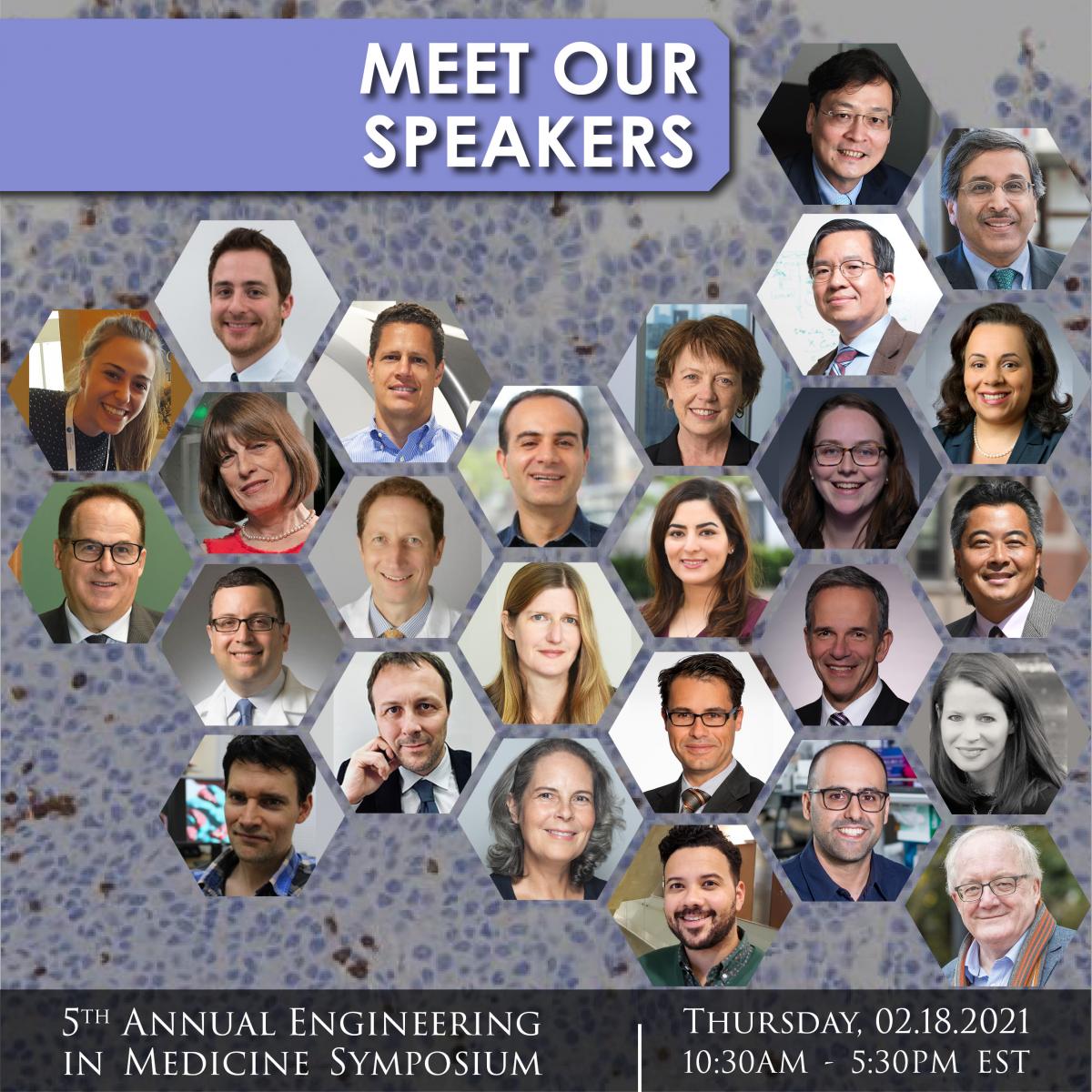
Elham Azizi, PhD
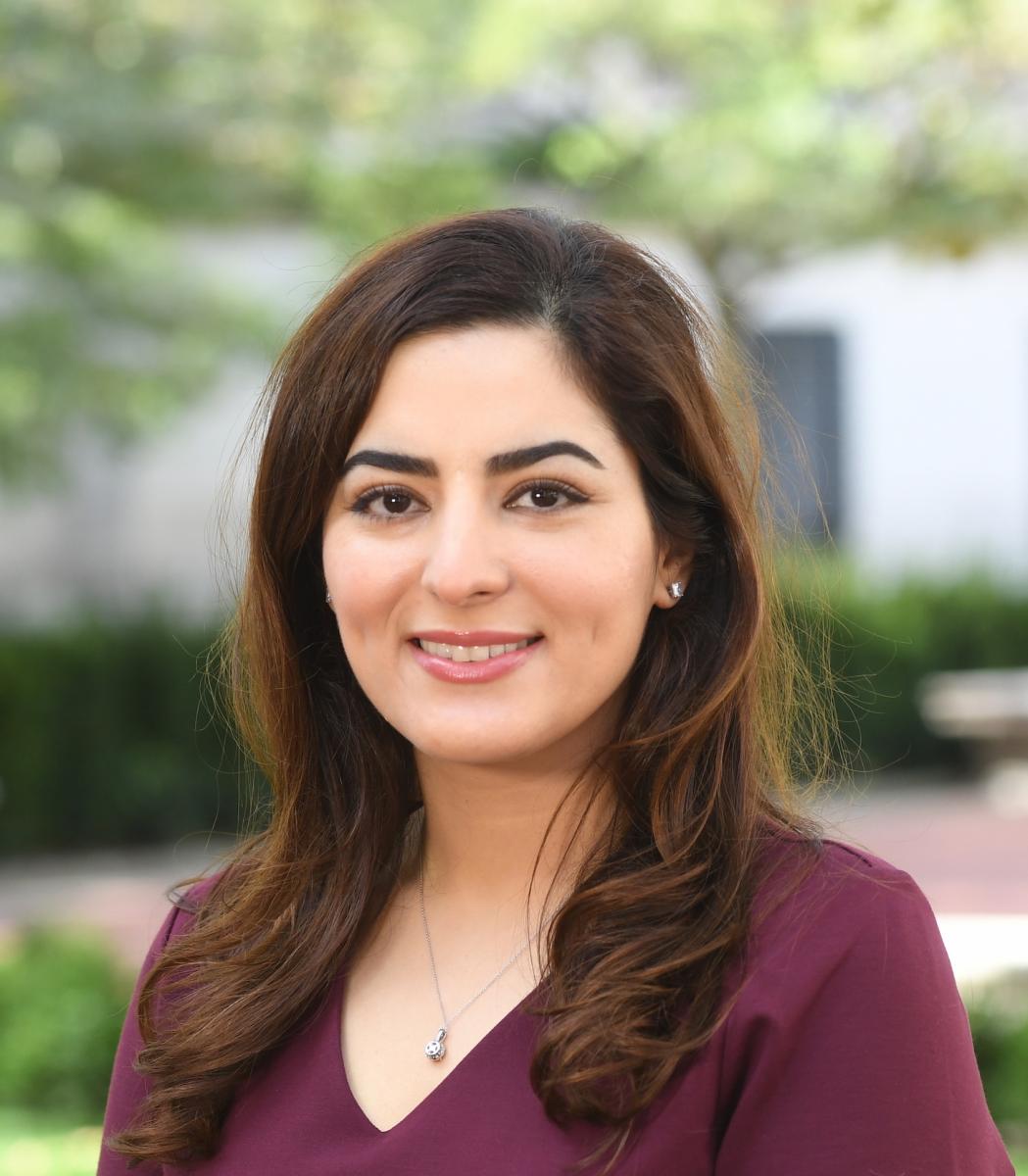
Elham Azizi, PhD, Assistant Professor, Biomedical Engineering; Herbert and Florence Irving Assistant Professor, Cancer Data
Research (in the Herbert and Florence Irving Institute for Cancer Dynamics and in the Herbert Irving Comprehensive Cancer Center)
Elham Azizi is Herbert & Florence Irving Assistant Professor of Cancer Data Research in the Irving Institute for Cancer Dynamics and Assistant Professor in the Department of Biomedical Engineering at Columbia University. Elham’s research utilizes single-cell genomic technologies combined with statistical machine learning techniques to characterize interacting cells in the tumor microenvironment as well as their dysregulated gene circuitry. Elham completed her postdoctoral training at Memorial Sloan Kettering Cancer Center and Columbia University. She received a PhD in Bioinformatics from Boston University, an MS degree in Electrical Engineering from Boston University and a BS in Electrical Engineering from Sharif University of Technology. She is a recipient of the NIH NCI Pathway to Independence Award, the Tri-Institutional Breakout Prize for Junior Investigators and an American Cancer Society Postdoctoral Fellowship.
R. Graham Barr, MD, DrPH
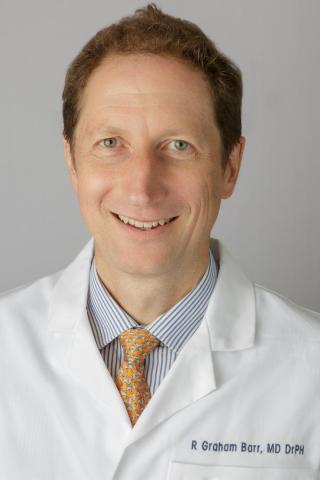
R. Graham Barr, MD, DrPH, Hamilton Southworth Professor of Medicine, Professor of Epidemiology, Chief, Division of General Medicine
R. Graham Barr, M.D., Dr.P.H, is the Hamilton Southworth Professor of Medicine, Professor of Epidemiology, and Chief of the Division of General Medicine at the Columbia University Medical Center in New York City. He received his medical degree from McGill University and a doctorate in epidemiology from Harvard School of Public Health. He completed a residency in internal medicine at Columbia Presbyterian Medical Center, a fellowship in general medicine at Massachusetts General Hospital, and a post-doc at the Channing Laboratory, Brigham and Women’s Hospital.
His research focuses on respiratory epidemiology and novel imaging methods to examine the pathophysiology and consequences of chronic lung disease with a focus on the pulmonary vasculature. Dr. Barr is PI of Multi-Ethnic Study of Atherosclerosis (MESA) Lung Study, the MESA Lung Imaging Study with a COVID-19 supplement, and the SPIROMICS Heart Failure Study and is co-PI of the Collaborative Cohort of Cohorts for COVID-19 Research (C4R).
Nadeen Chahine, PhD
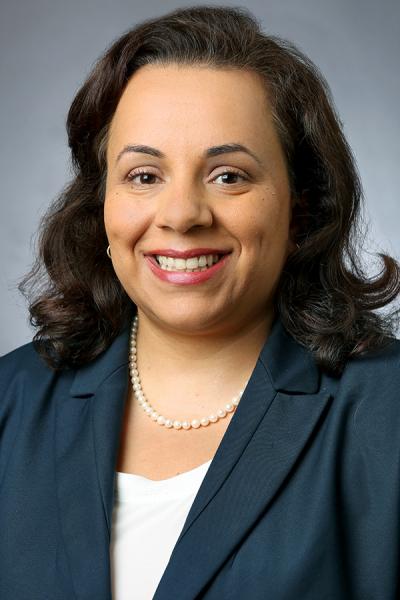
Nadeen Chahine, PhD, Associate Professor of Biomechanics (in Orthopaedic Surgery) and Biomedical Engineering
Dr. Chahine is an Associate Professor in the Department of Orthopedic Surgery and has faculty affiliations with the Department of Biomedical Engineering, Cellular and Molecular Physiology & Biophysics program and the Columbia Stem Cell Initiative. She directs a multidisciplinary research lab and serves as the Associate Director of the Carroll Laboratories for Orthopedic Surgery at Columbia University Medical Center. Dr. Chahine holds a bachelor's degree in biomedical engineering from Boston University. She completed her graduate studies at Columbia University, and is one of the early graduates of the Biomedical Engineering PhD program. Dr. Chahine completed her post-doctoral training as an Ernest Lawrence Fellow at Lawrence Livermore National Laboratory, where she trained in micro and nanotechnology. She started her faculty career at the Feinstein Institute for Medical Research and Hofstra Northwell School of Medicine, and she joined the faculty at Columbia University in 2017.
Tal Danino, PhD
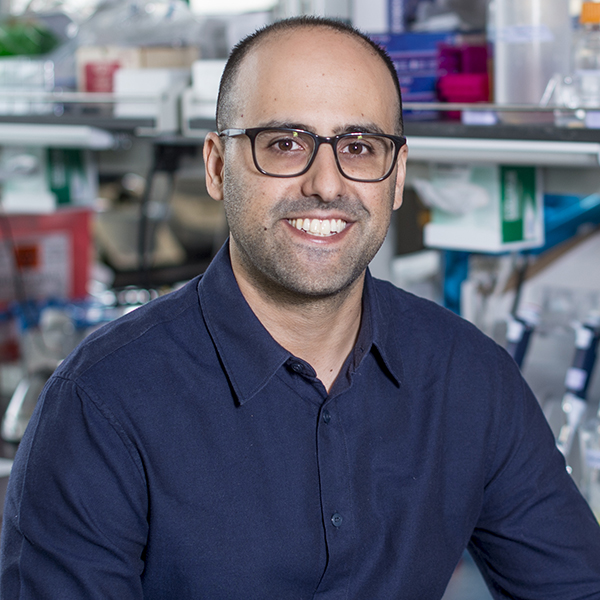
Tal Danino, PhD, Associate Professor of Biomedical Engineering; Director, Synthetic Biological Systems Laboratory
Tal Danino is an Associate Professor in the Department of Biomedical Engineering at Columbia University. His lab focuses on engineering bacteria for biomedical applications, with a particular emphasis on developing bacteria as a cancer therapy. Originally from Los Angeles, Tal received a Ph.D. in Bioengineering from UCSD in Jeff Hasty's lab, and was a postdoctoral fellow at the Koch Institute for Integrative Cancer Research with Sangeeta Bhatia. He is the recipient of awards including the NSF CAREER Award, Era of Hope Scholar Award, TED Fellow, and NIH Pathway to Independence Award. He directs the Synthetic Biological Systems Laboratory and is a member of the Herbert Irving Comprehensive Cancer Center and Data Science Institute.
Andrew Jeffrey Einstein, MD, PhD
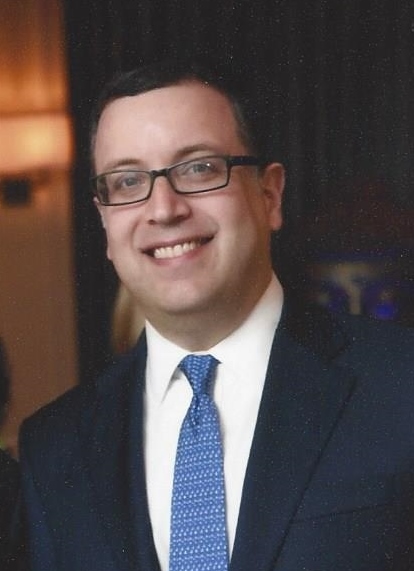
Andrew Einstein, MD, PhD, Associate Professor of Medicine (in Radiology); Director of Nuclear Cardiology, Cardiac CT, and Cardiac MRI, Director of the Advanced Cardiac Imaging Fellowship, CUIMC
Andrew Einstein is a cardiologist at Columbia University Irving Medical Center. His clinical activities are centered on cardiovascular imaging and inpatient cardiology. His research focuses on improving the use of imaging in cardiovascular medicine, with particular interests and current funded projects in radiation safety, machine learning, amyloidosis, COVID-19, global health, and device development. It is funded by multiple NIH grants, the International Atomic Energy Agency, Columbia’s Zuckerman Institute, and industry.
Dr. Einstein is a member of the editorial boards of JACC: Cardiovascular Imaging and the Journal of Nuclear Cardiology, and was an Associate Editor of the Journal of Cardiovascular Computed Tomography. He has served as a member of study sections of the Center for Scientific Review, National Heart, Lung, and Blood Institute, and National Cancer Institute. He is chair-elect of the Academic Cardiology Section of the American College of Cardiology, a member of the Congressionally-chartered National Council on Radiation Protection and Measurements, and was a voting member of the Food and Drug Administration’s Medical Imaging Drugs Advisory Committee.
Adolfo A. Ferrando, MD, PhD
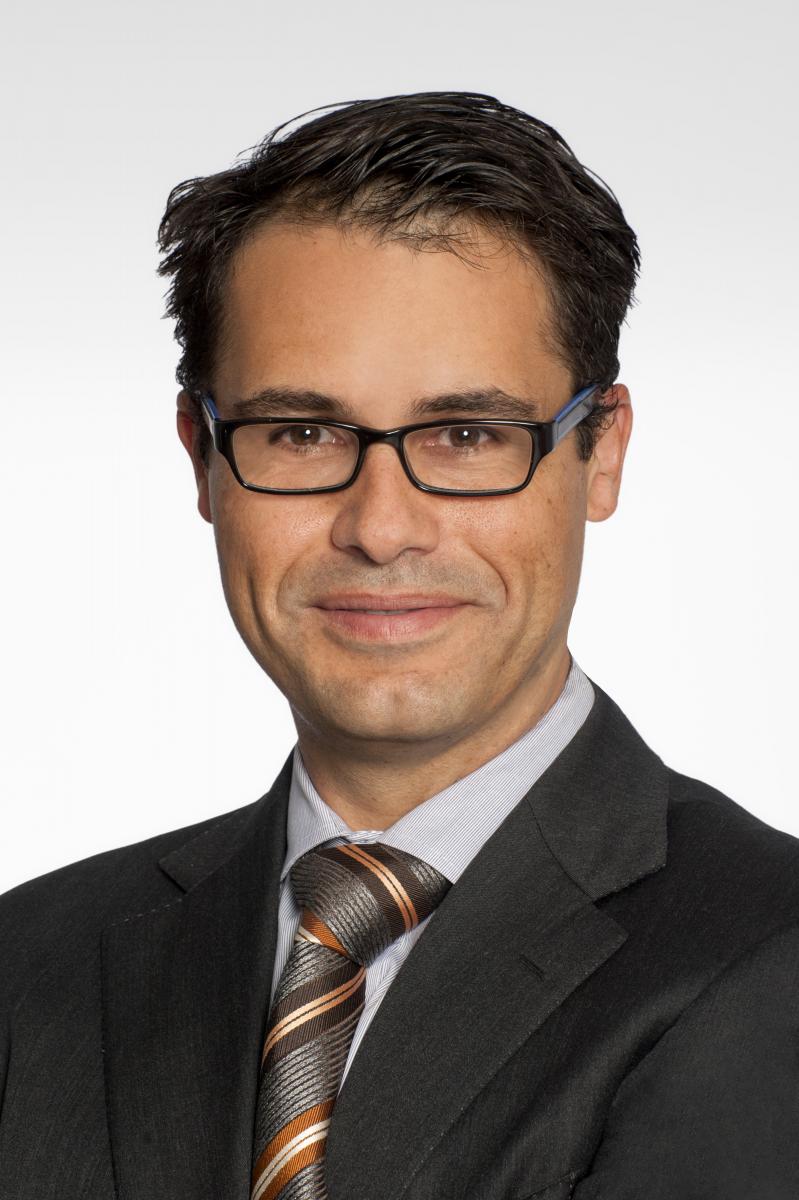
Adolfo A. Ferrando, MD, PhD, Professor of Pediatrics, Pathology and Cell Biology and Systems Biology, Institute for Cancer Genetics
Dr. Ferrando joined the faculty of the Institute for Cancer Genetics in 2005 where he has developed a highly active research program that combines genomics, biochemical, genetic and experimental therapeutics approaches towards the identification of novel therapies for the treatment of high-risk leukemias and lymphomas. His laboratory has played major roles in the functional analysis of oncogenic NOTCH1 in T-cell acute lymphoblastic leukemia and in deciphering the genetic landscape and mechanisms of transformation, disease progression and relapse in this disease. His work has been recognized with multiple other honors, including the Leukemia and Lymphoma Society Scholar Award, the Pershing Square Sohn Prize for Young Investigators in Cancer Research and the William Dameshek Prize from the American Society of Hematology. He is an elected member the American Society of Clinical Investigation and the Association of American Physicians and currently serves in the editorial board of Leukemia, Blood Cancer Discovery and Genes and Development.
Giovanni Ferrari, PhD
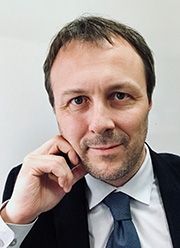
Giovanni Ferrari, PhD, Associate Professor, Departments of Surgery and Biomedical Engineering, Columbia University Irving Medical Center (CUIMC)
Giovanni Ferrari, PhD is a tenured Associate Professor at Columbia University Irving Medical Center in the Department of Surgery and Biomedical Engineering. He directs the Cardiothoracic Research Program and the Columbia Biobank for Translational Science for the Department of Surgery. Dr. Ferrari's main research interest in on Heart Valve physiology, mechanobiology, and bio-implantable materials. He serves as reviewer for the NIH and other national and international agencies and holds multiple NIH-NHLBI awards. He is co-chair of the ISACB Early Career Mentorship Committee.
X. Edward Guo, PhD
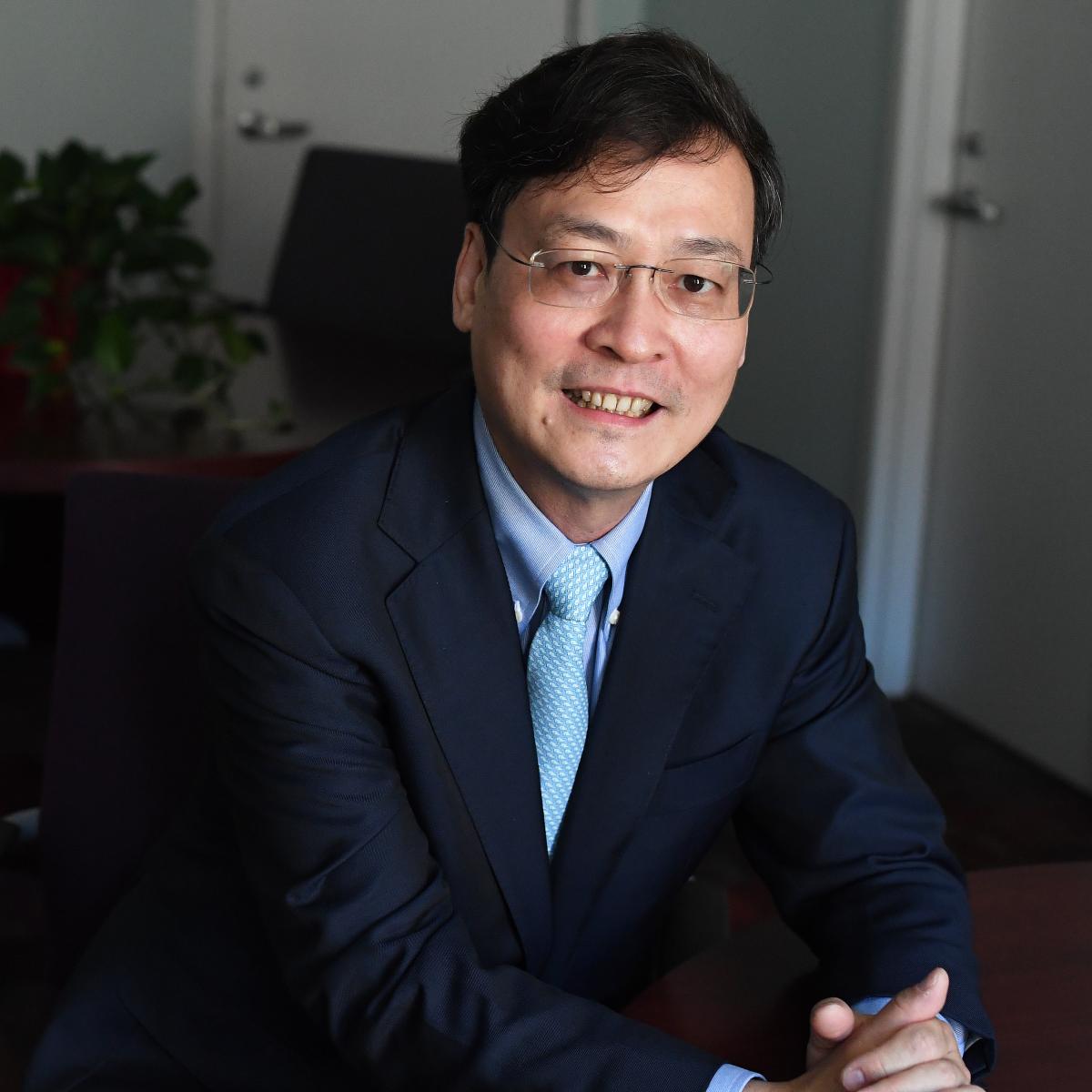
X. Edward Guo, PhD, Department Chair and Stanley Dicker Professor of Biomedical Engineering; Professor of Medical Sciences (in Medicine)
Professor X. Edward Guo is currently Chair and Stanley Dicker Professor of Biomedical Engineering and Professor of Medical Sciences (in Medicine). He directs the Bone Bioengineering Laboratory in the Department of Biomedical Engineering at Columbia focusing his research interests in micromechanics of bone tissue, computational biomechanics, and mechanobiology of bone. His past honors include Young Investigator Recognition Award from the Orthopaedic Research Society, National Research Service Award from the US National Institutes of Health, a CAREER award from the US National Foundation of Science, Funds for Talented Professionals from the National Natural Science Foundation of China, and Christopher R Jacobs Award from Biomedical Engineering Society. Professor Guo is one of funding members of the Department, served as its undergraduate Chair, ABET Chair, Vice Chair and interim Chair. He was elected to the Department Chair in 2017. During his current tenure, the Department rises to the top ten in the country.
Henry Hess, PhD
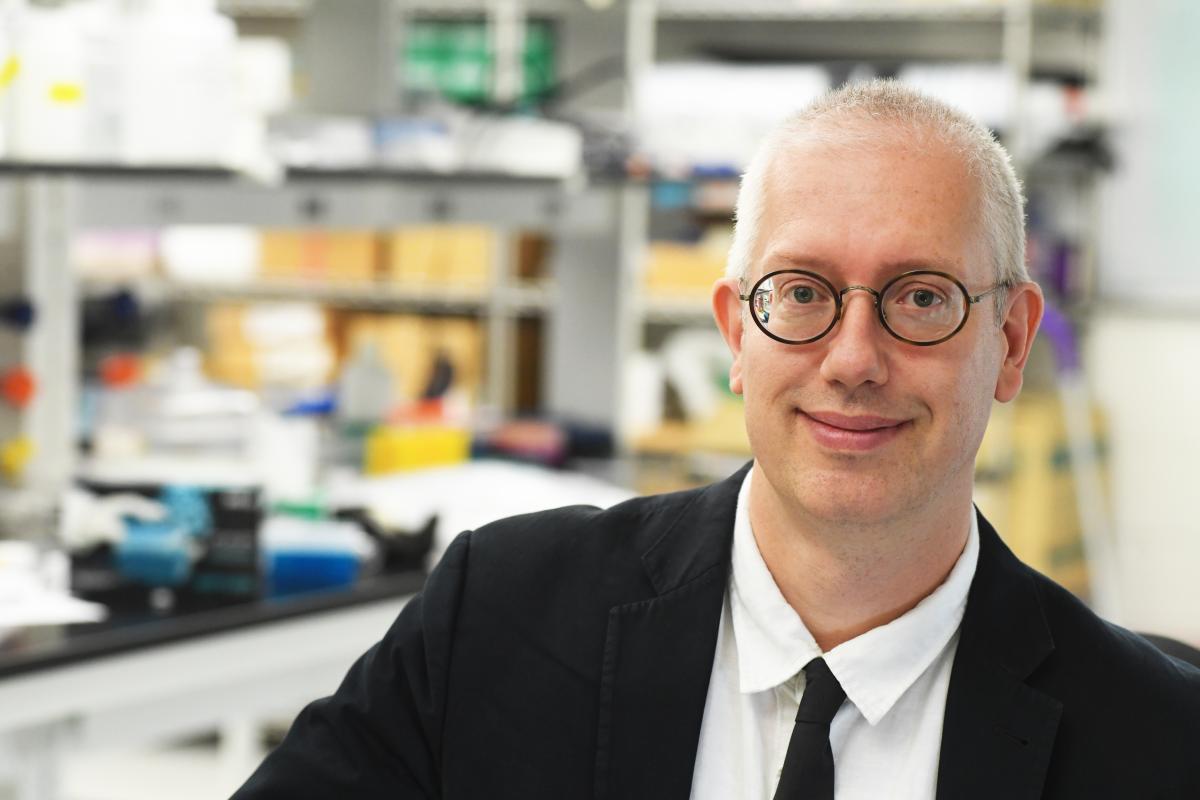
Henry Hess, PhD, Chair of Graduate Studies; Professor, Biomedical Engineering; Director, Laboratory for Nanobiotechnology and Synthetic Biology
Henry Hess received the Dr. rer. nat. in Physics from the Free University Berlin (Germany) in 1999. After appointments as Postdoctoral Scientist and Research Assistant Professor at the Department of Bioengineering at the University of Washington, he joined the Department of Materials Science and Engineering at the University of Florida in 2005 as Assistant Professor. Since 2009, he is teaching and researching at the Department of Biomedical Engineering at Columbia University in New York City. Prof. Hess also served as the Editor-in-Chief of the IEEE Transactions on NanoBioscience from 2014 to 2019. His primary research interest is nanobiotechnology, in particular hybrid nanodevices and materials merging biological and synthetic building blocks. Creative approaches to the design of such devices draw from chemistry, biotechnology, microfabrication, biology, and engineering.
Elizabeth M. C. Hillman, PhD
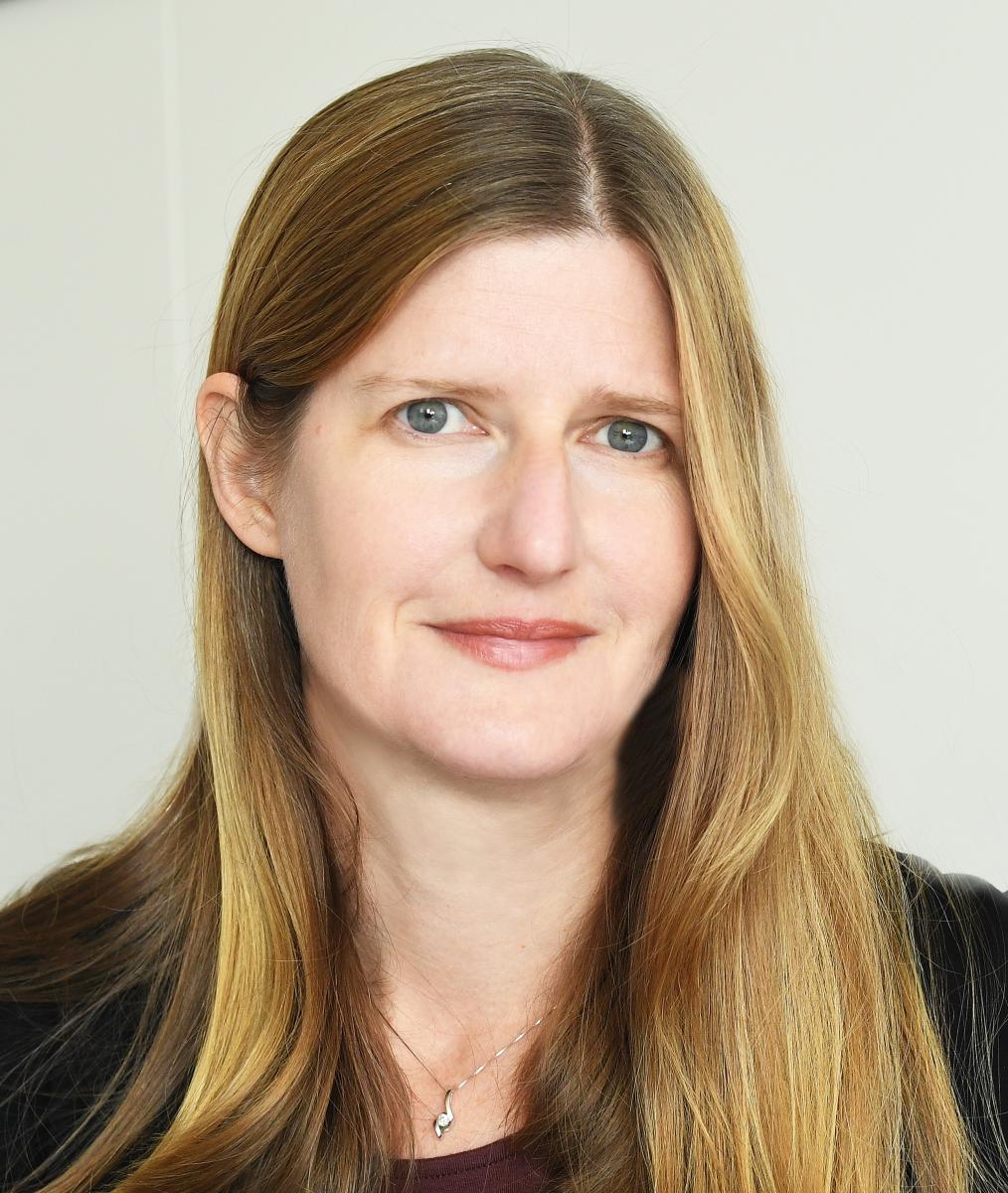
Elizabeth M. C. Hillman, PhD, Herbert and Florence Irving Professor at the Zuckerman Institute and Professor of Biomedical Engineering and Radiology (Physics); Director, Laboratory for Functional Optical Imaging
Elizabeth Hillman is a Herbert and Florence Irving Professor of Biomedical Engineering and Radiology and a member of the Zuckerman Mind Brain Behavior Institute at Columbia University. She received her undergraduate and PhD training at University College London and completed post-doctoral training at Massachusetts General Hospital, Harvard Medical School. Prof Hillman’s laboratory develops optical imaging, microscopy and image analysis approaches to capture the structure and function of living tissues, particularly the living brain of a range of species. Her SCAPE microscopy technique is a form of light sheet imaging which can generate high-speed 3D images of freely moving samples at over 100 volumes per second. Wide field optical mapping permits simultaneous, real-time imaging of neural activity and blood flow dynamics across the cortex of awake, behaving mice. The Hillman lab applies these imaging tools to study broad aspects of brain function, physiology and structure in health and disease.
Clark T. Hung, PhD
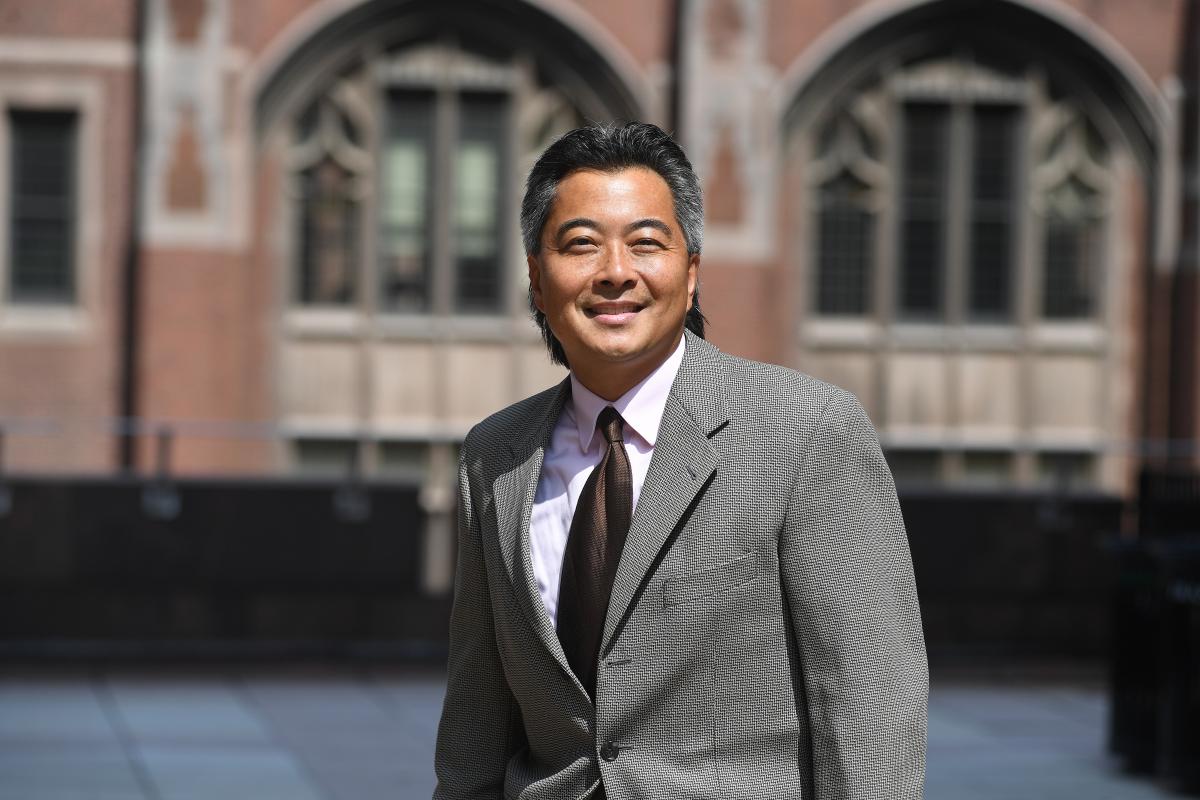
Clark T. Hung, PhD, Professor of Biomedical Engineering and Orthopedic Sciences (in Orthopedic Surgery); Director,
Cellular Engineering Laboratory
Dr. Clark T. Hung is currently Professor of Biomedical Engineering and Orthopedic Sciences (in Orthopedic Surgery) at Columbia University. He has been pursuing multidisciplinary research using state-of-the-art biological and engineering tools to perform studies to investigate physical effects on musculoskeletal cells and tissues with a focus on articular cartilage. Insights to the physical regulation of cells is important to understanding the contribution of loading in tissue maintenance, pathology and repair. He is a fellow of the American Institute for Medical & Biological Engineering (AIMBE), the American Society of Mechanical Engineers (ASME), the Biomedical Engineering Society (BMES), and the International Combined Orthopedic Research Societies (ICORS), and is the recipient of the Negma-Lerards Award in Mechanobiology of Chondrocyte and Cartilage, Marshall Urist Award for Excellence in Tissue Regenerative Medicine as well as Outstanding Achievement in Mentoring Award from the ORS, and Kim Award for Faculty Involvement- Columbia SEAS.
Diego Jaramillo, MD, MPH
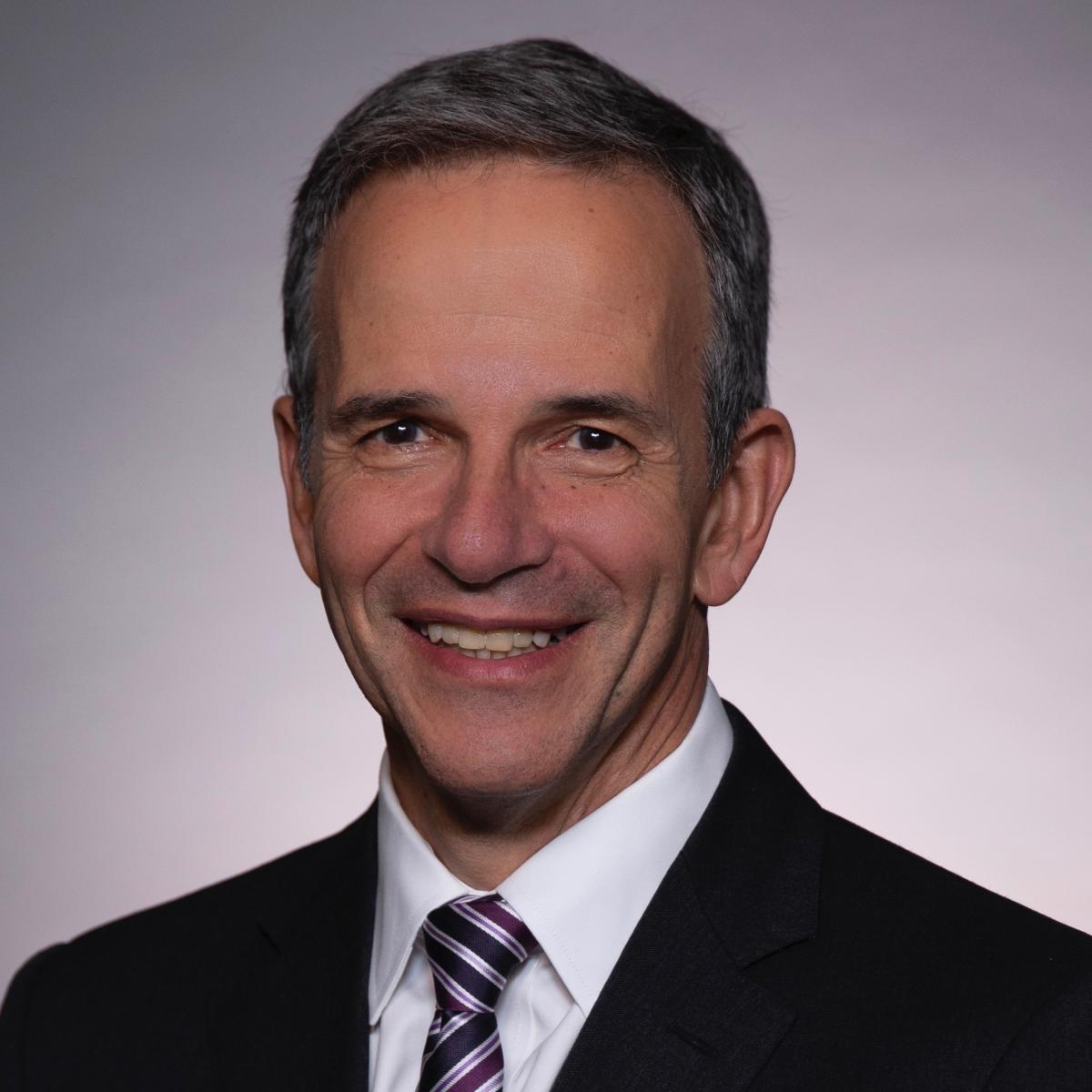
Diego Jaramillo, MD, MPH, Professor of Radiology, Columbia University Irving Medical Center (CUIMC)
Dr. Diego Jaramillo obtained his MD in 1981 at the Universidad Javeriana in Bogota, Colombia. From 1989 to 2004 he was in the faculty at the Department of Radiology at Harvard Medical School, and from 2004 to 2015 he was Radiologist-in-Chief and Van Alen Chair of Radiology at The Children’s Hospital of Philadelphia and Professor of Radiology at the University of Pennsylvania School of Medicine. He is currently a Professor of Radiology and Vice Chair for Diversity at Columbia University Medical Center, and Chief of MRI at Morgan Stanley Children’s Hospital. Dr. Jaramillo’s greatest expertise and scientific contributions are in the areas of imaging of musculoskeletal disorders of childhood and pediatric magnetic resonance imaging.
Christoph Juchem, PhD
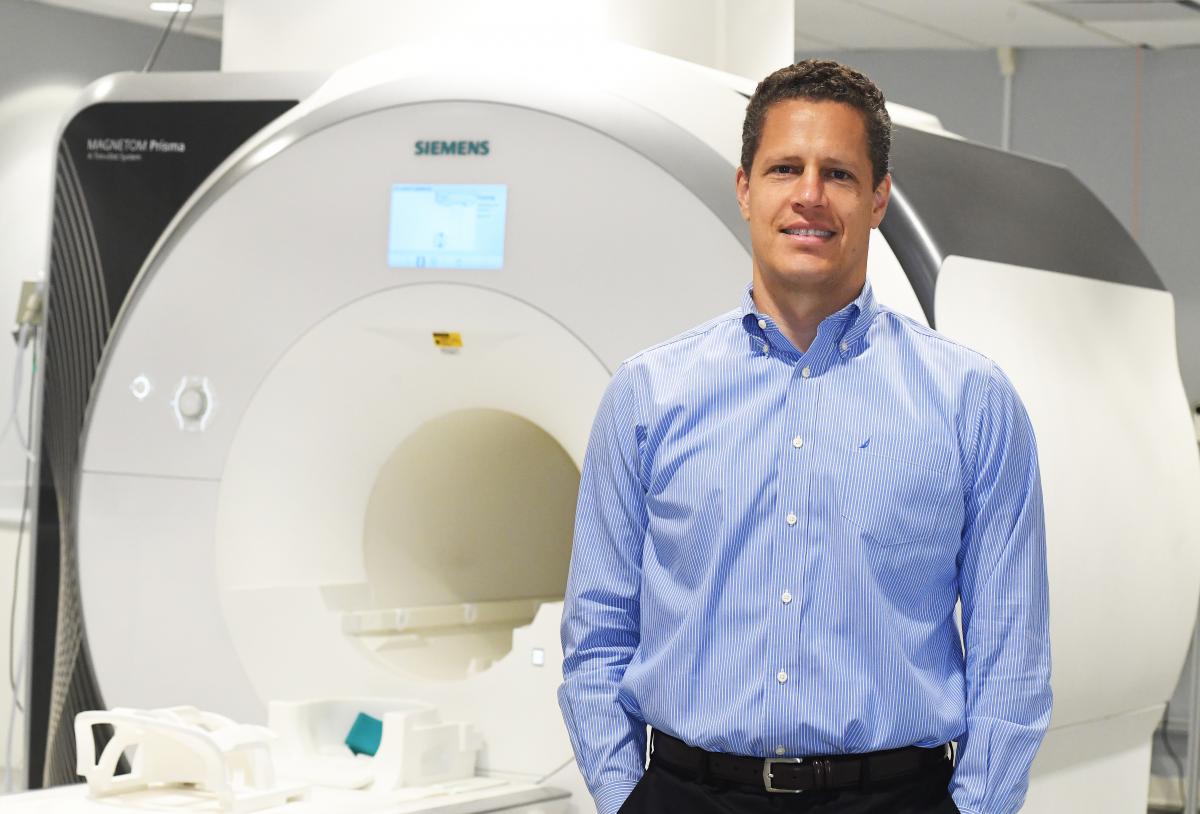
Christoph Juchem, PhD, Associate Professor, Biomedical Engineering and Radiology (Physics); Director, MR SCIENCE Laboratory
Christoph Juchem is Associate Professor in the Departments of Biomedical Engineering and Radiology. In his research, he develops novel magnetic resonance methods for neuroscientific and clinical applications. His goal as a physicist is to realize the full potential of magnetic resonance imaging and spectroscopy as diagnostic tools. His clinical goal is to understand the role that neurochemicals play in the protection of the human central nervous system or, alternatively, how dysfunction promotes vulnerability towards neurodegenerative and neuroimmunological diseases.
Dr. Juchem has 19 years of experience in developing and conducting in vivo MR experiments at 3.0T-11.7T in humans and animal models. He has demonstrated his scientific expertise in 50+ publications, book chapters and patents, as reviewer for 20 scientific journals and as grant reviewer for 8 national research societies. He served as Co-Director of Yale University's 7T Brain MR Spectroscopy Core, Chair of the ISMRM Engineering Study Group, and he serves on the editorial board of NMR in Biomedicine.
Marilena Karakatsani, PhD
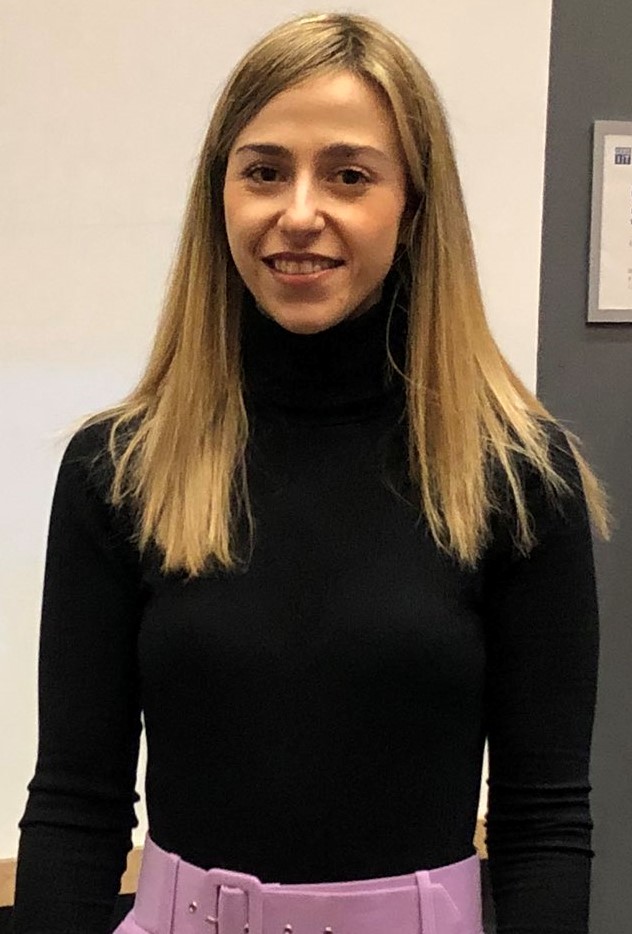
Maria Eleni (Marilena) Karakatsani, PhD (Columbia BME PhD ’20), Associate Scientist, Regeneron Pharmaceuticals
Maria Eleni (Marilena) Karakatsani is a 2020 BME graduate and a Yuen-huo Hung and Chao-chin Huang Award recipient. Her PhD focused on the quantitative analysis of neurological images to identify pathological indicators and their response to ultrasound. Therapeutic ultrasound, the signature modality of the ultrasound, elasticity and imaging lab (UEIL), facilitates drug delivery while triggers an immune response in the brain. During her internship at GE Healthcare Machine Learning services she worked on the design and implementation of convolutional neural networks for clinical image classification and segmentation that she later on incorporated in her Ph.D. projects. Her work involved project design, experimentation and computational analysis while she collaborated with scientists of various expertises. Recently, she joined the computational image analysis team at Regeneron Pharmaceuticals where she works as an associate scientist in image processing techniques and machine learning to detect biomarkers from various imaging modalities.
Nikolaus Kriegeskorte, PhD
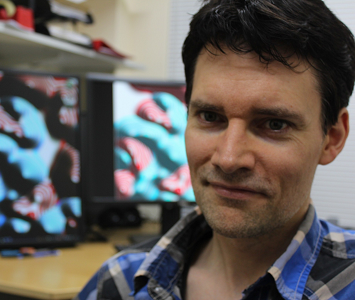
Nikolaus Kriegeskorte, PhD, Professor of Psychology and Neuroscience; Director of Cognitive Imaging; Principal Investigator at Columbia’s Zuckerman Institute
Nikolaus Kriegeskorte is a computational neuroscientist who studies how our brains enable us to see and understand the world around us. He received his PhD in Cognitive Neuroscience from Maastricht University, held postdoctoral positions at the Center for Magnetic Resonance Research at the University of Minnesota and the U.S. National Institute of Mental Health in Bethesda, and was a Programme Leader at the U.K. Medical Research Council Cognition and Brain Sciences Unit at the University of Cambridge, UK. Kriegeskorte is a Professor at Columbia University in the Department of Psychology and the Department of Neuroscience. He is an affiliated member of the Department of Electrical Engineering. He is a Principal Investigator and Director of Cognitive Imaging at the Zuckerman Mind Brain Behavior Institute at Columbia University. Kriegeskorte is a co-founder of the conference “Cognitive Computational Neuroscience”, which had its inaugural meeting in September 2017 at Columbia University in New York.
Aaron M. Kyle, PhD
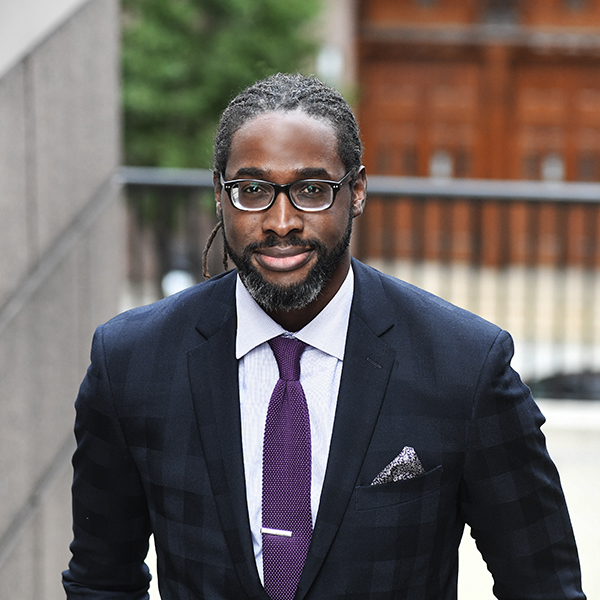
Aaron M. Kyle, PhD, Senior Lecturer, Biomedical Engineering Design; Director, Undergraduate Studies in Biomedical Engineering; Director, Hk Maker Lab
Dr. Kyle teaches the BME Lab sequence, Bioinstrumentation, and BME Senior Design. Senior Design in Columbia BME is a two-semester course sequence in which students devise solutions to open-ended biomedical problems. This course has resulted in students receiving a number of extramural awards, meritorious funding, and the formation of University-based startups. In 2014, Dr. Kyle created and launched the HYPOTHEKids (Hk) Maker Lab, a NIH-funded set of programs focused on introducing underprivileged and underrepresented minority high school students in New York City to engineering design and biomedical research. As a result of this program, over 140 high school students have learned and applied a bioengineering design process. The program has propelled students to biomedical laboratory and biotechnology industry internships and the pursuit of STEM majors and resulted in the creation of design-centric courses that are currently being taught in seven (7) NYC high schools, impacting over 600 students.
Andrew F. Laine, PhD
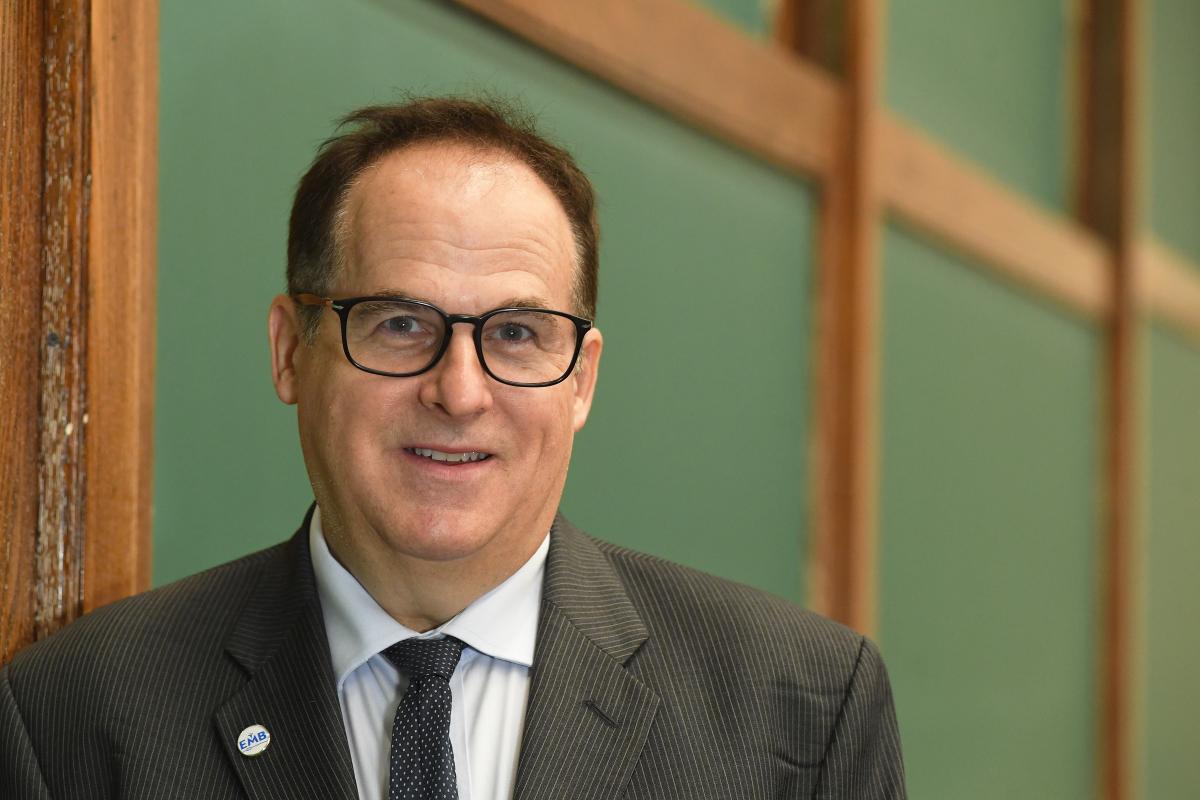
Andrew F. Laine, PhD, Percy K. and Vida L.W. Hudson Professor of Biomedical Engineering and Radiology (Physics); Director, Heffner Biomedical Imaging Laboratory
Andrew F. Laine received his D.Sc. degree from Washington University (St. Louis) School of Engineering and Applied Science in Computer Science, in 1989 and BS degree from Cornell University (Ithaca, NY). He was a Professor in the Department of Computer and Information Sciences and Engineering at the University of Florida (Gainesville, FL) from 1990-1997. He joined Columbia University in 1997 and served as Vice Chair of the Department of Biomedical Engineering 2003 – 2011, and Chair of the Department of Biomedical Engineering 2012 – 2017. He is currently the Percy K. and Vida L. W. Hudson Professor of Biomedical Engineering and Professor of Radiology (Physics). Laine served as Program Chair for the IEEE EMBS annual conference in 2006 (New York City) and for the EMBS annual conference in 2011 (Boston, MA). He Chaired the Council of Societies for AIMBE in 2012-2013 and was President of IEEE EMBS in 2015 and 2016. He is a Fellow of IEEE, AIMBE, and IFMBE.
Helen H. Lu, PhD
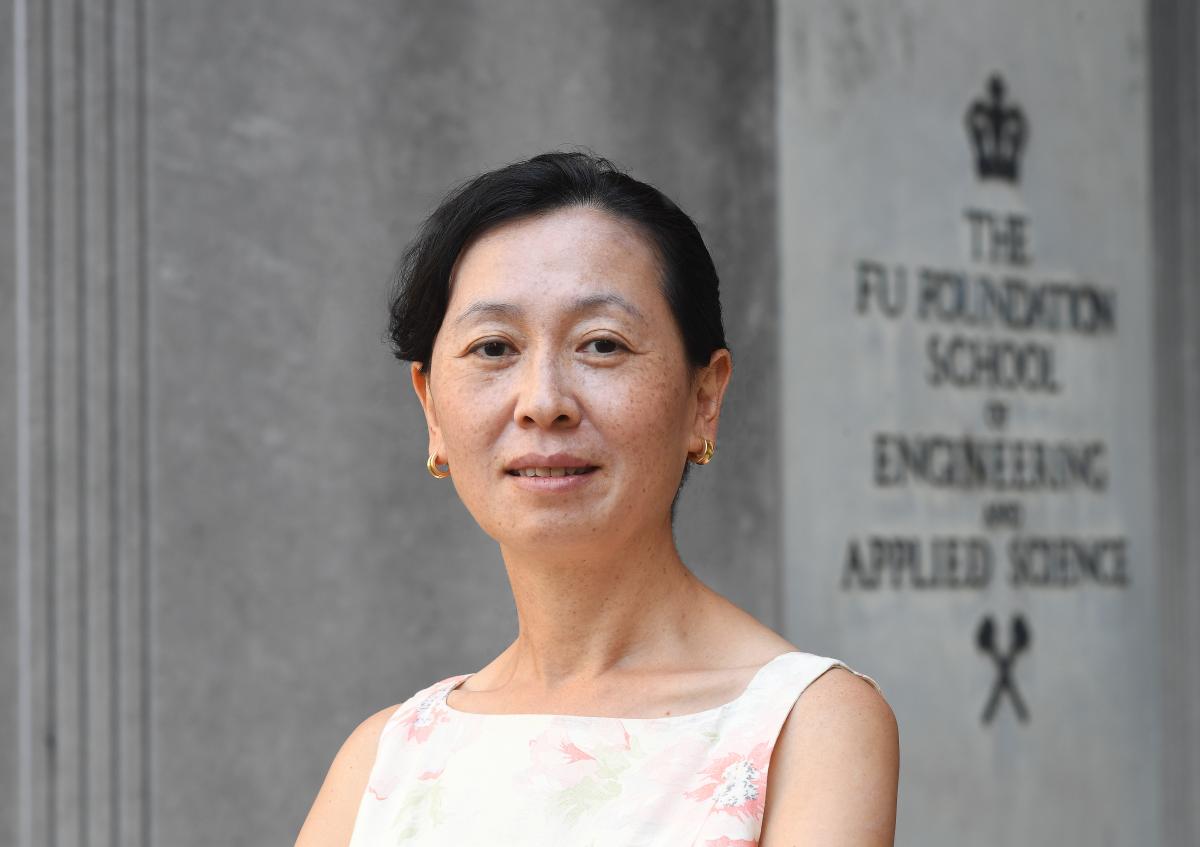
Helen H. Lu, PhD, Percy K. and Vida L. W. Hudson Professor, Biomedical Engineering; Director, Biomaterials & Interface Tissue Engineering Laboratory
Helen H. Lu’s research focuses on tissue interfaces, particularly recreating the body’s natural synchrony between tissues, a hallmark of the musculoskeletal system and the nexus of human mobility. The body of fundamental knowledge she has uncovered regarding biointerfaces and interface scaffold design has provided blueprints for building organs-on-a-chip as well as total limb regeneration. She has also received tenure at the Columbia College of Dental Medicine and currently serves as Chair of Promotion, Tenure and Faculty advancement for Columbia Engineering. The inventor and co-inventor of more than 25 patents and patent applications, her research has led to the formation of several start-ups for medical devices. Her many accolades include the Presidential Early Career Award for Scientists and Engineers (PECASE) and Columbia’s Avanessians Diversity Award. She is an elected Fellow of the American Institute for Medical and Biological Engineering and a fellow of Biomaterials Science and Engineering. Lu received her undergraduate and graduate degrees in bioengineering from the University of Pennsylvania and has been on the faculty at Columbia since 2001.
Diana Martinez, MD
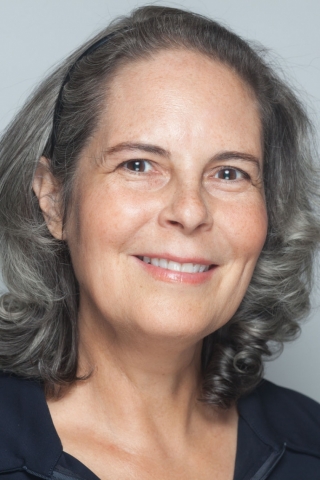
Diana Martinez, MD, Professor of Psychiatry, CUIMC
Dr. Diana Martinez is a psychiatrist who specializes in drug addiction research. She is originally from Texas, moved to New York City to attend medical school - then never left. Since completing residency, she has pursued a career in academic research. Her current studies focus on using neuromodulation for substance use disorders.
José L. McFaline-Figueroa, PhD
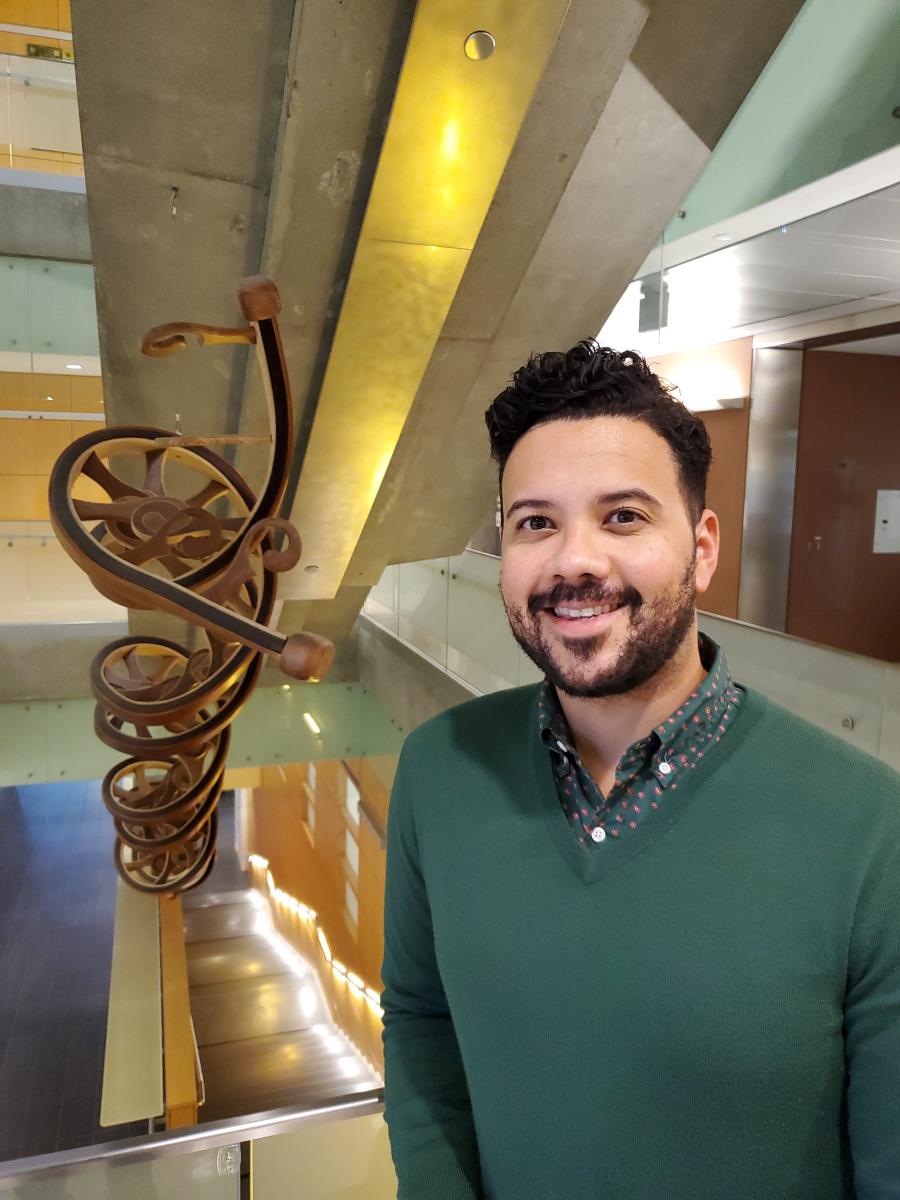
José L. McFaline-Figueroa, PhD, Assistant Professor of Biomedical Engineering; Director, The Chemical Genomics Laboratory
Dr. José L. McFaline-Figueroa received his bachelor’s degree in Chemistry from the University of Puerto Rico at Mayagüez. He obtained his PhD in Biology from the Massachusetts Institute of Technology where he trained with Dr. Leona Samson and Dr. Forest White. He was a post-doctoral fellow in the laboratory of Cole Trapnell at the University of Washington where he developed single-cell genomic tools to determine how perturbations alter cellular response. In 2020, he was named an Emerging Scholar in Genome Sciences by the Center for Public Health Genomics at the University of Virginia. Dr. McFaline-Figueroa joined the Department of Biomedical Engineering as an Assistant Professor in January of 2021. His research focuses on developing and applying single-cell genomic methods to define the molecular changes that cancer cells undergo in response to different therapies and how that landscape depends on genetic background.
Nima Mesgarani, PhD
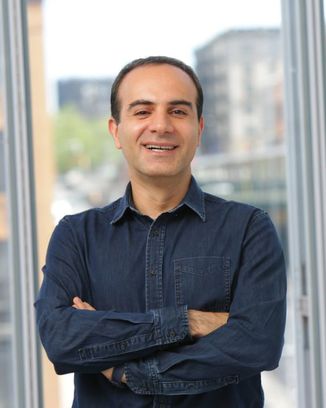
Nima Mesgarani, PhD, Associate Professor, Electrical Engineering; Director, Neural Acoustic Processing Laboratory
Nima Mesgarani is an associate professor at Zuckerman Mind Brain Behavior Institute at Columbia University. He received his Ph.D. from University of Maryland. He was a postdoctoral scholar in Center for Language and Speech Processing at Johns Hopkins University, and the neurosurgery department of University of California San Francisco before joining Columbia in 2013. He was named a Pew Scholar for Innovative Biomedical Research in 2015, and received the National Science Foundation Early Career Award in 2016.
Katherine Reuther, PhD
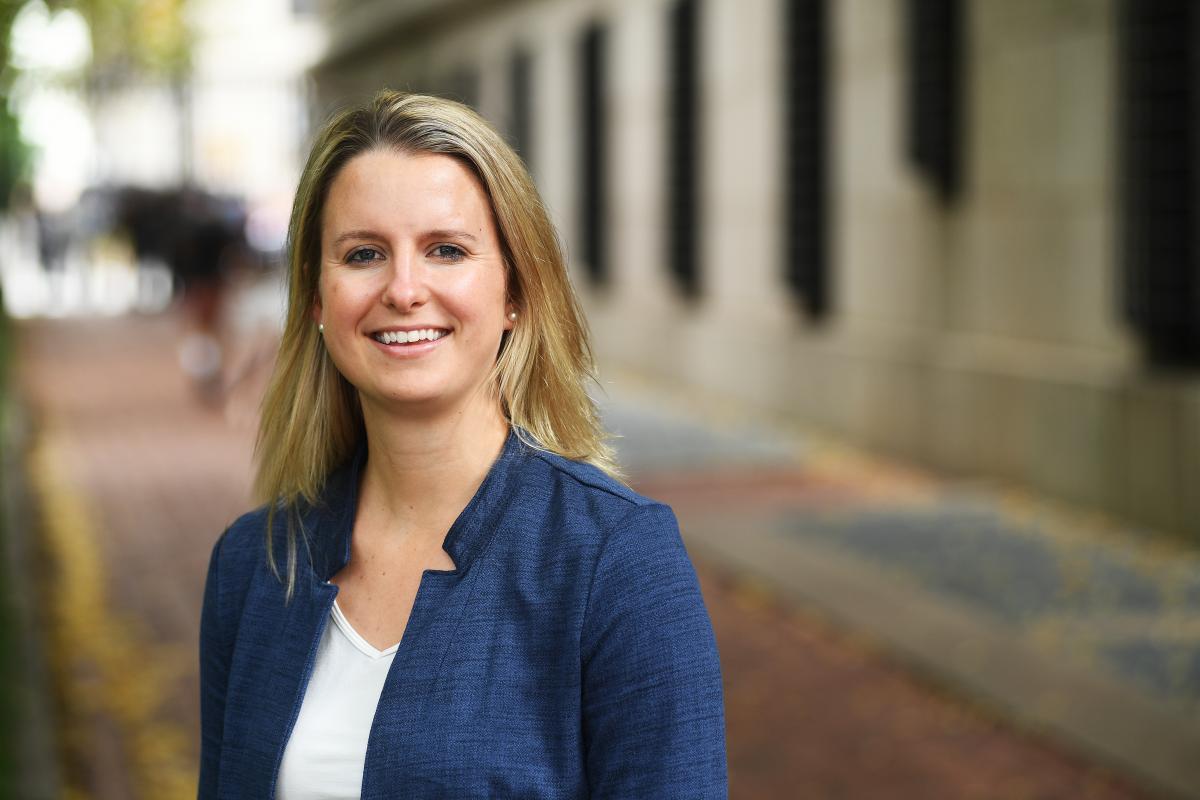
Katherine Reuther, PhD, Senior Lecturer, Biomedical Engineering; Director, Master’s Studies in Biomedical Engineering
Katherine (Katie) Reuther is a Senior Lecturer in Design, Innovation, and Entrepreneurship in the Department of Biomedical Engineering (BME) at Columbia University, with additional appointments as the Director of the Columbia BME Technology Accelerator (BiomedX) program and the Director of Master’s Studies. The BiomedX program provides funding, education, and support to faculty and students interested in commercializing their biomedical inventions. Her current educational work focuses on enhancing graduate education in the Department, including developing a medical innovation program that covers all aspects of the design and innovation process. Reuther supports entrepreneurship programs at the National Institute of Health (NIH) through her work with Biocomx and NIH I-Corps. She also co-founded an orthopedic medical device start-up, Syntegrity Biomedical. Reuther received a BS in Biomedical Engineering (with an emphasis in Mechanical Engineering) from The College of New Jersey, a PhD in Bioengineering from the University of Pennsylvania, and an MBA from Columbia University.
Paul Sajda, PhD
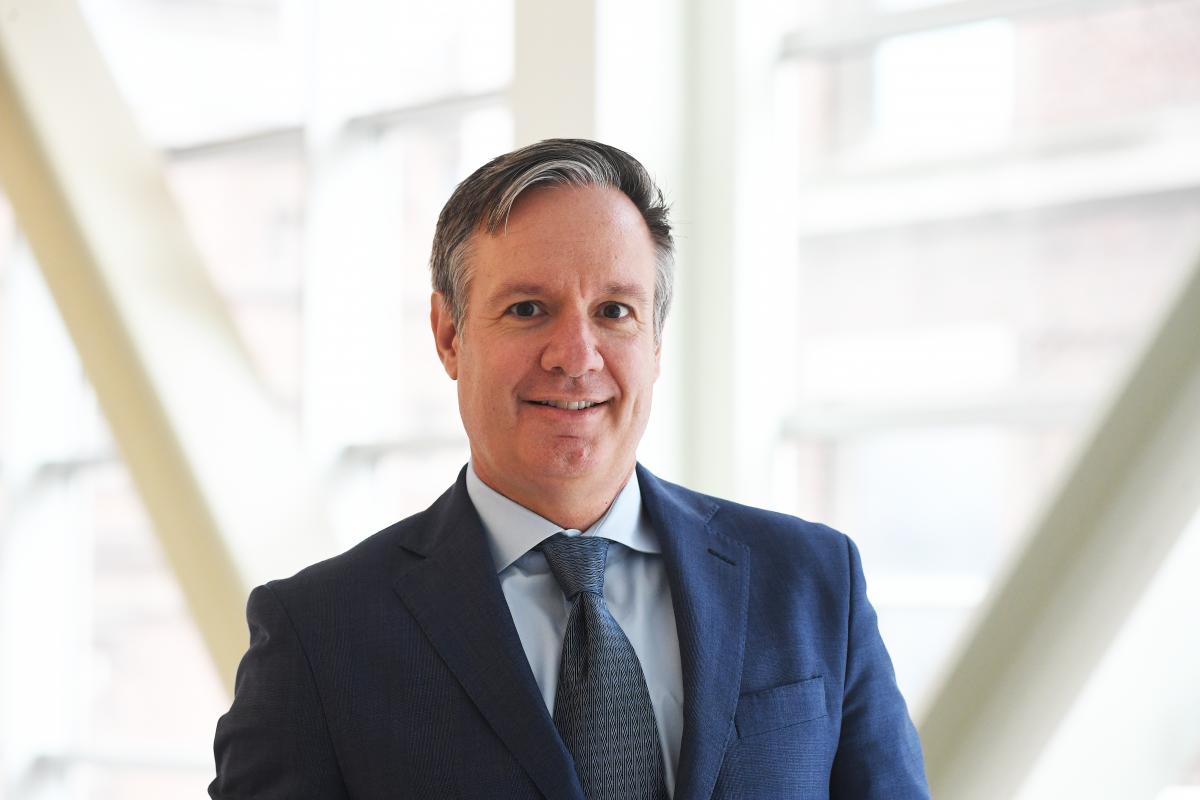
Paul Sajda, PhD, Professor of Biomedical Engineering; Director, Laboratory for Intelligent Imaging and Neural Computing (LIINC)
Paul Sajda is a Professor of Biomedical Engineering, Electrical Engineering and Radiology (Physics) at Columbia University. He is also a Member of Columbia’s Data Science Institute and an Affiliate of the Zuckerman Institute of Mind, Brain and Behavior. He received a BS in electrical engineering from MIT in 1989 and an MSE and PhD in bioengineering from the University of Pennsylvania, in 1992 and 1994, respectively. Professor Sajda is interested in what happens in our brains when we make a rapid decision and, conversely, what processes and representations in our brains drive our underlying preferences and choices, particularly when we are under time pressure. He is a co-founder of several neurotechnology. He is a fellow of the IEEE, AMBIE and AAAS and Chair of the IEEE Brain Initiative. He is also a recipient of the Vannevar Bush Faculty Fellowship (VBFF) which is the DoD’s most prestigious single-investigator award.
Joanna Smeeton, PhD
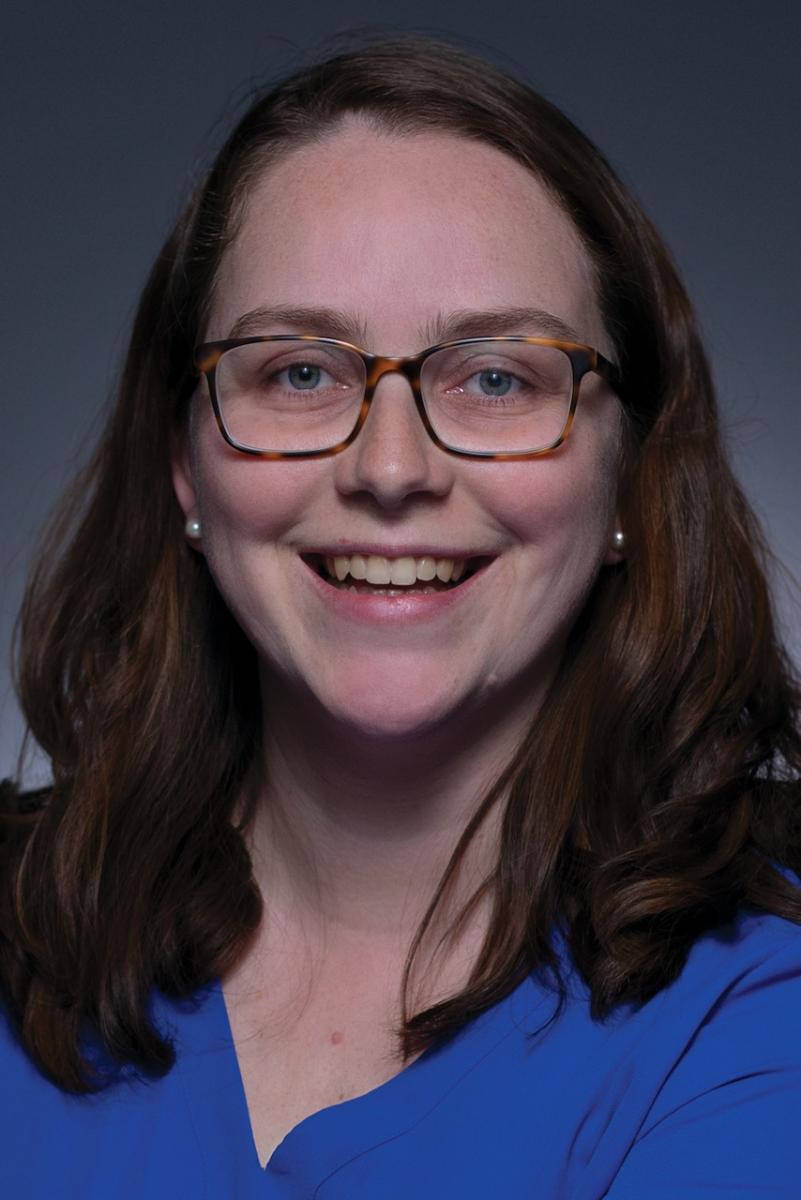
Joanna Smeeton, PhD, H.K. Corning Assistant Professor Rehabilitation and Regenerative Medicine Research (in Rehabilitation and Regenerative Medicine) (in Genetics and Development)
Joanna Smeeton is the H. K. Corning Assistant Professor of Rehabilitation Medicine Research at Columbia University. She is affiliated with the Departments of Rehabilitation and Regenerative Medicine as well as Genetics and Development and is a full member of the Columbia Stem Cell Initiative. Joanna received her BScH from McGill University, her PhD from the University of Toronto (SickKids), and performed her postdoctoral training in the lab of Gage Crump at the University of Southern California (USC Stem Cell). The Smeeton lab was established in January 2020 and has developed novel models in the highly regenerative zebrafish to reveal the regulatory framework of cell fate decisions during the differentiation of stem cells into articular cartilage and ligaments. The lab’s long-term goal is to translate these findings to activate stem cells for joint repair and develop regenerative treatments to restore function in patients suffering from osteoarthritis or traumatic joint injury.
Robert M. Stefani, PhD
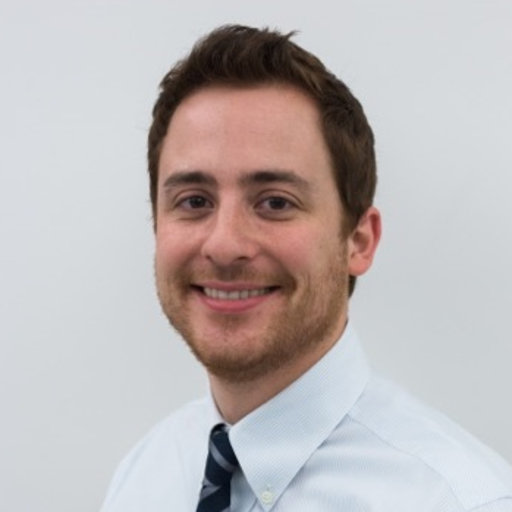
Robert M. Stefani, PhD (Columbia BME PhD ’20), Lead Reviewer, U.S. Food & Drug Administration (FDA)
Rob joined Columbia BME as an MS/PhD student in 2013. As a member of Clark Hung’s Cellular Engineering Lab, Rob worked on projects ranging from cartilage tissue engineering to nerve propagation in the osteoarthritic joint. He had the opportunity to work on multiple in vivo preclinical studies (University of Missouri), IRB-approved studies using human surgical tissues (Columbia-Presbyterian Hospital), and industry partnerships (MTF Biologics & IGEA Clinical Biophysics). He has published and presented research on a number of topics, including pulsed electromagnetic field stimulation, direct current electric field stimulation, and in vitro modeling of joint inflammation and pain. As his time at Columbia drew to a close, Rob had the opportunity to consult for EpiBone, Inc., a seed-stage medical device company started by Columbia researchers. Now a lead medical device reviewer at FDA, Rob continues to draw on these Columbia experiences. When not hard at work, Rob can often be found running/biking around the city, walking his Beagle-mix named Daisy, playing in his co-ed softball league, cooking new recipes, or volunteer teaching.
Simon Tavaré, PhD
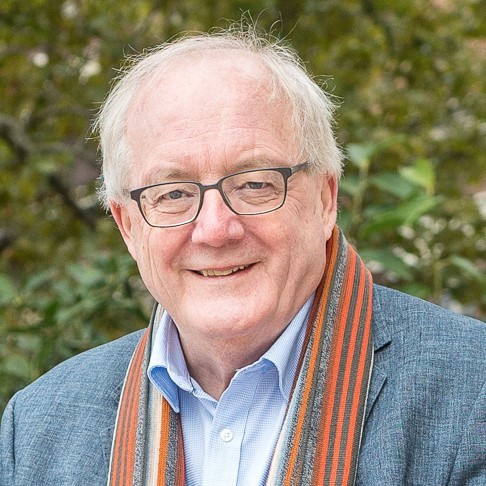
Simon Tavaré, PhD, Professor, Biological Sciences and Statistics; Herbert and Florence Irving Director, Irving Institute for Cancer Dynamics
Simon Tavaré joined Columbia University in 2018 as the Herbert and Florence Irving Director of the Irving Institute for Cancer Dynamics and a professor in the Departments of Statistics and Biological Sciences. After 25 years in the USA, in 2003 Dr Tavaré joined the Department of Applied Mathematics and Theoretical Physics and the Department of Oncology at the University of Cambridge, England. From February 2013 to January 2018 he was director of the Cancer Research UK Cambridge Institute. His research focuses on probabilistic and statistical aspects of biology and medicine, such as evolutionary approaches to understanding cancer biology. Dr. Tavaré is an elected fellow of the Academy of Medical Sciences, the Royal Society and EMBO. He was president of the London Mathematical Society from 2015 to 2017 and was elected a fellow of the American Mathematical Society and an International Member of the U.S. National Academy of Sciences in 2018.
Gordana Vunjak-Novakovic, PhD
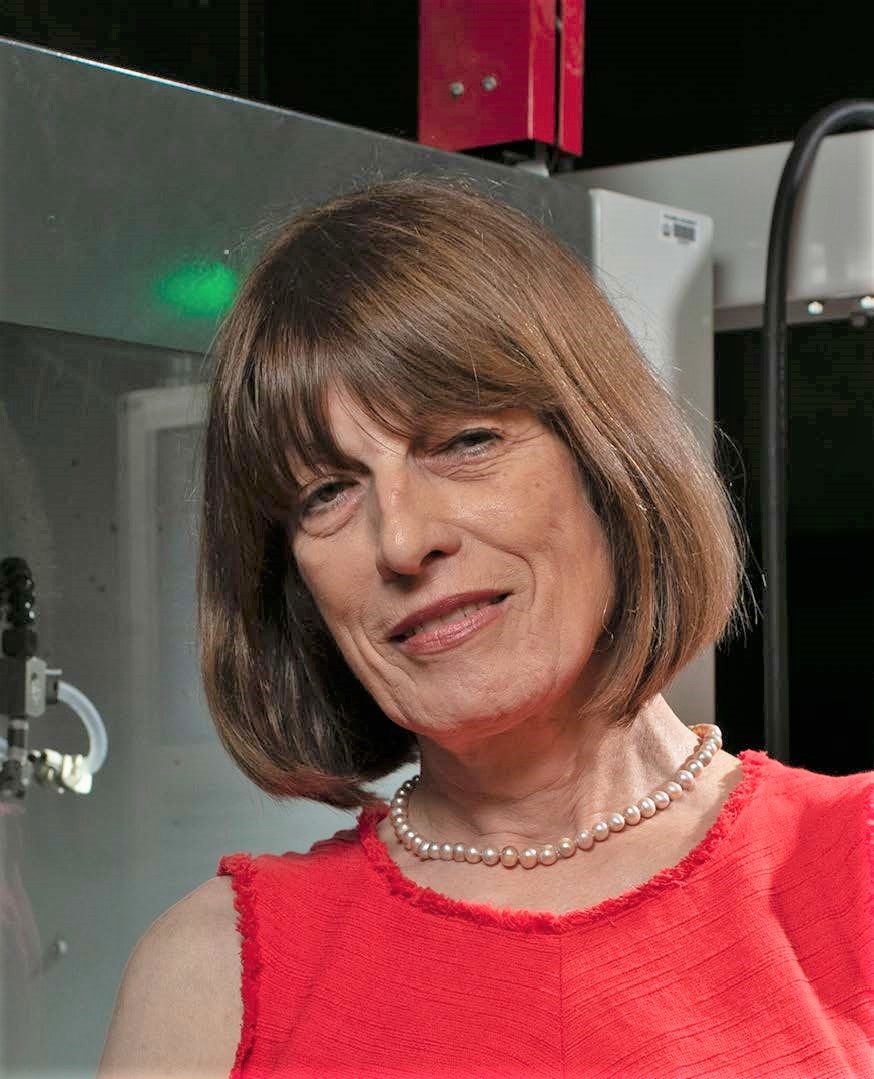
Gordana Vunjak-Novakovic, PhD, University and Mikati Foundation Professor of Biomedical Engineering and Medical Sciences; Director, Laboratory for Stem Cells and Tissue Engineering
Gordana Vunjak-Novakovic is University Professor, the highest academic rank at Columbia University and the first engineer at Columbia to receive this distinction. She is also the Mikati Foundation Professor of Biomedical Engineering and Medicine. The focus of her lab is on engineering functional human tissues for use in regenerative medicine and in patient-specific “organs-on-a-chip” for studies of human pathophysiology. She is well published and highly cited (51,500 citations, h=128), mentored over 150 trainees, licensed numerous patents, and launched four start-up companies with her students. Gordana is currently serving on the NIBIB Council and the HHMI Scientific Review Board. Among her many recognitions, she was decorated by the Order of Karadjordje Star - Serbia’s highest honor, and elected to the Academia Europaea, Serbian Academy of Arts and Sciences, National Academy of Engineering, National Academy of Medicine, National Academy of Inventors, and the American Academy of Arts and Sciences.
Marcella Walker, MD
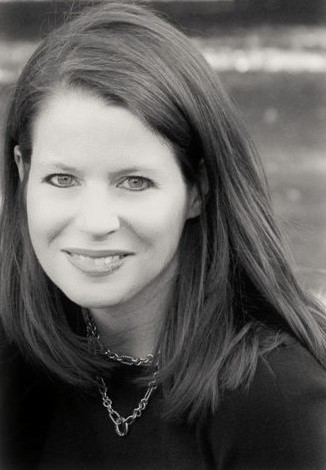
Marcella Walker, MD, Associate Professor of Medicine, Division of Endocrinology, Columbia University Irving Medical Center (CUIMC)
Dr. Walker is an Associate Professor of Medicine at the Vagelos College of Physicians & Surgeons, Columbia University in the Division of Endocrinology. Dr. Walker received her undergraduate degree at Wesleyan University and her medical training at the Johns Hopkins University School of Medicine. She completed her residency in Internal Medicine at the Johns Hopkins Hospital in 2002 and went on to complete a 3-year fellowship training program in Endocrinology, Diabetes and Metabolism at the College of Physicians and Surgeons, Columbia University. Dr. Walker joined the faculty at the College of Physicians and Surgeons in 2005.
